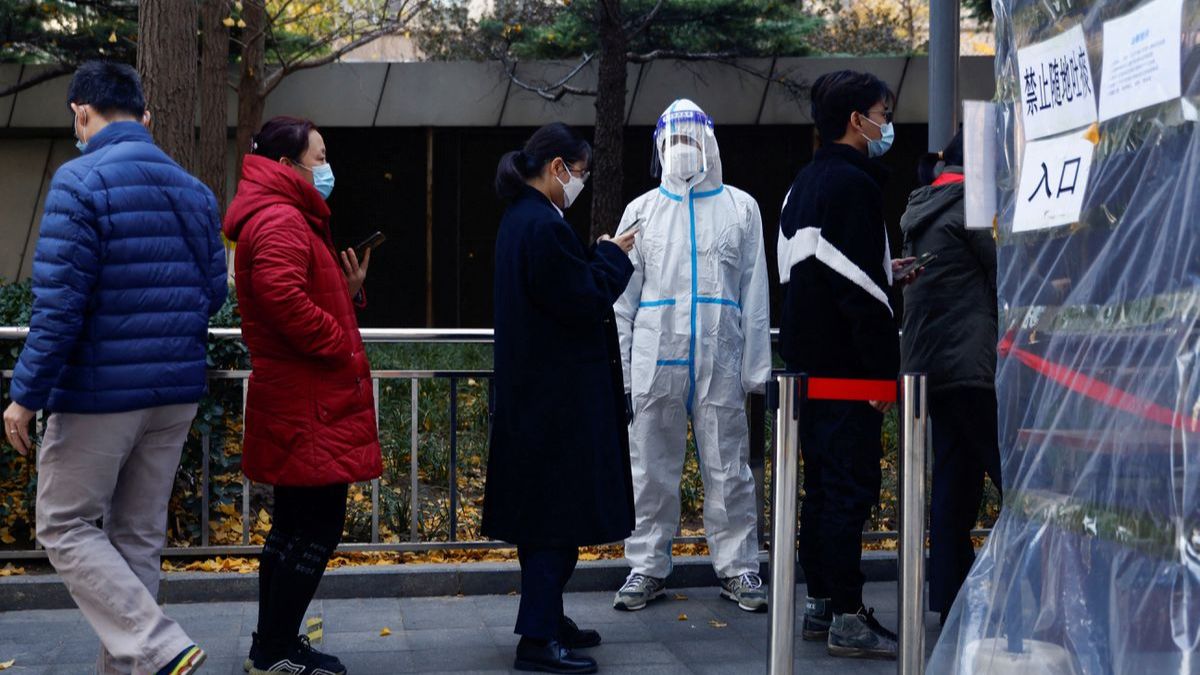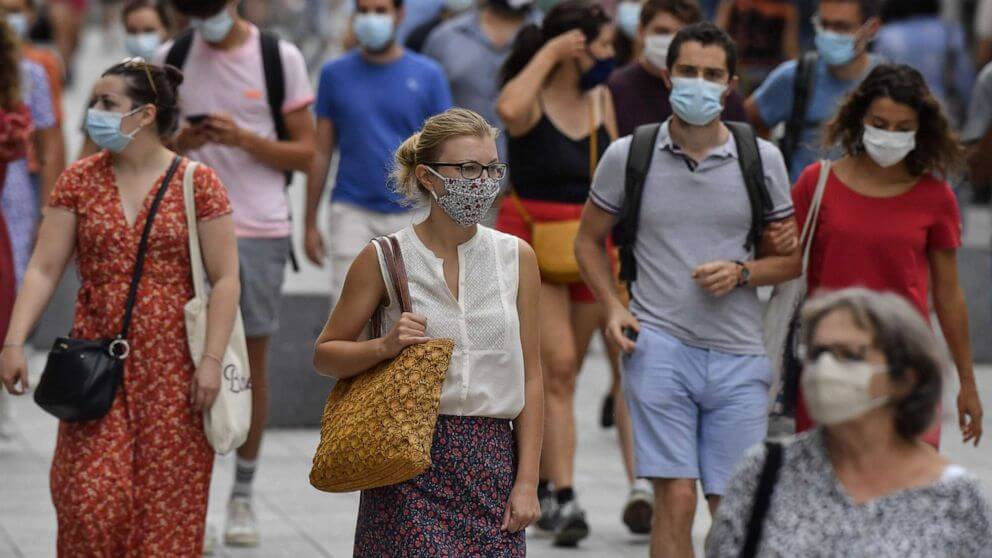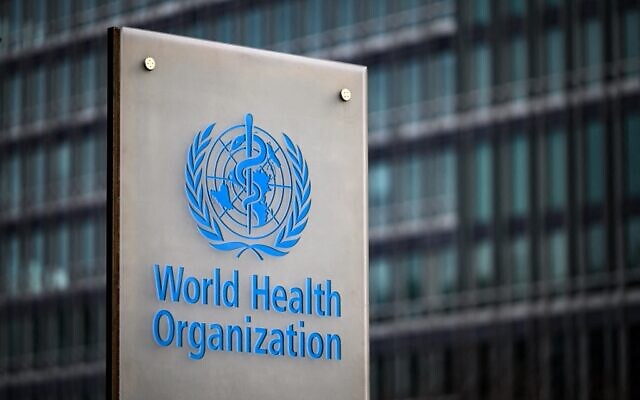China records highest daily COVID cases since beginning of pandemic
Fri 25 Nov 2022, 11:38:19

Beijing: China on Thursday reported more than 31600 new COVID cases, highest tally since the pandemic began in late 2019. This surge also surpassed the previous high seen in April during the months long painful Shanghai lockdown, putting pressure on the country’s increasingly unpopular zero-COVID approach of quarantine and mass testing.
The southern city of Guangzhou, the national capital of Beijing and the southwestern municipality of Chongqing have been the hardest hit in the latest Covid wave. Nearly all of China’s 31 province-level regions have reported new Covid infections.
Earlier this month, China’s National Health Commission published 20 measures aimed at ‘optimising’ China’s COVID-19 prevention policies and reducing the burden faced by the Chinese economy. The measures, which called for more targeted COVID-19 containment strategies to be adopted, initially sent a positive signal to the market.
However, the rise in COVID-19 cases currently experienced throughout China and the adoption of more stringent containment measures in major cities including Guangzhou, Chongqing and Beijing has resulted in mounting public anxiety and reduced business confidence.
Factories in the locked down areas have tried to maintain operations using “closed-loop management”, which
requires staff to live on-site. Business face difficulties in getting workers from locked down neighborhoods to factories, while staff living at production sites for too long often become fatigued and protest.
requires staff to live on-site. Business face difficulties in getting workers from locked down neighborhoods to factories, while staff living at production sites for too long often become fatigued and protest.
Meanwhile, Apple supplier Foxconn’s iPhone factory in the city of Zhengzhou – dubbed as world’s biggest iPhone factory - saw protests by workers for the second time in a month over disputes related to wages payment and contract and fears related to COVID infections. Zhengzhou has put central part of the city under five days lockdown from Friday while mass testing are conducted.
The latest surge is also testing Chinese leadership’s resolve in balancing the COVID protocols with the economic impact amid a slowing economy, disruptions in the supply chain and loss of jobs. Experts said China needs to invest in upgrading its intensive care beds in the hospitals before it can relax its zero-COVID policy. There are chances of increased hospitalization and deaths if zero-COVID is relaxed without this preparation, authorities have said.
The country also needs to roll out more Covid booster shots. Low vaccine rate among the elderly is one reason China has adopted such a cautious stance toward reopening, while the rest of the world has learned to live with the virus.
No Comments For This Post, Be first to write a Comment.
Most viewed from Coronavirus Updates
Most viewed from Health
AIMIM News
Latest Urdu News
Most Viewed
May 26, 2020
Do you think Canada-India relations will improve under New PM Mark Carney?
Latest Videos View All
Like Us
Home
About Us
Advertise With Us
All Polls
Epaper Archives
Privacy Policy
Contact Us
Download Etemaad App
© 2025 Etemaad Daily News, All Rights Reserved.
















.jpg)

























